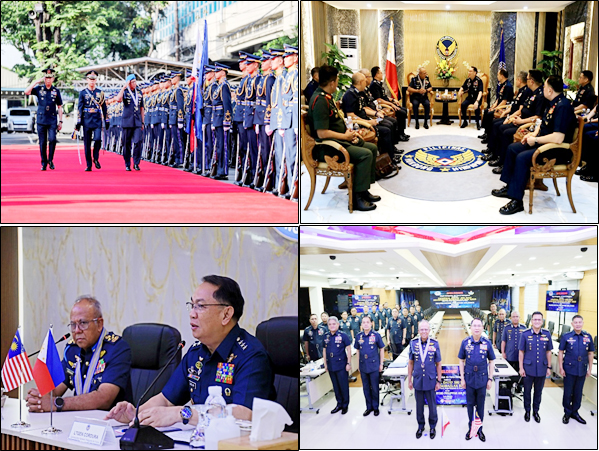Fuse Financing Inc. (Fuse), the lending arm of GCash, is now giving free insurance coverage to GLoan borrowers with GLoan Protect. Available for a limited time, this newest feature provides borrowers with free loan and health insurance for every GLoan disbursement worth a minimum of P500, underwritten by Oona Insurance Corporation. This free insurance will waive pending loan balance in case of sudden customer demise or accident-related permanent disability, and provide resources to recover from medical emergencies.
Life and health emergencies can strike unexpectedly. For many Filipinos, sudden medical expenses or unexpected urgent costs can quickly lead to financial distress. Hospitalization and medical costs often result in heavy debt, while the lack of insurance leaves families with limited options to recover financially.
“Oftentimes, Filipinos don’t think of insurance until it’s too late,” said Tony Isidro, President and CEO of Fuse Financing Inc., the lending arm of GCash. “With the free insurance, we’re making sure that every time someone gets a GLoan, they also get a safety net. It’s our way of helping users feel more secure and protected without them having to spend extra.”
By integrating protection into GLoan, GCash—through Fuse and GInsure, the digital insurance platform of GCash with inclusive insurance products across 11 categories including health, life, accident, travel, vehicle, and more —offers borrowers added peace of mind and a safety net against life’s uncertainties.
Under GLoan Protect, the free health insurance covers a hospitalization allowance given to all eligible users who avail of a GLoan worth a minimum amount of P500 moving forward. Users can claim a minimum of P500 or up to 10% of the total loan value when they get confined in the hospital for a minimum stay of 3 days.
The loan insurance benefit is automatically activated once a customer receives their loan proceeds from GLoan, and coverage remains constant and valid until the end of the loan term even when the customer fully pays off their loan earlier than the loan’s due date. In case of customer demise or accident-related permanent disability, beneficiaries will receive the remaining loan value, and the remaining balance will be waived and settled.
The policy will automatically appear in the GInsure dashboard, making the process simple and familiar for borrowers. Claims can be filed through the same steps used for other GInsure products.
“We see this synergy between Fuse and GInsure as part of our mission to reimagine what finance can do for every Filipino,” said Winsley Bangit, Group Head of New Businesses at Mynt, the parent company of GCash. “By combining credit and insurance on a single service, we’re pushing the boundaries of digital innovation to give Filipinos not just access to funding, but also the protection they deserve. It’s another step toward building a more inclusive and resilient financial ecosystem.”
GCash made this initiative possible in partnership with Oona Insurance Corporation, a wholly-owned company by Oona Philippines Holdings Corporation (OPHC), actively expanding into health and digital-first solutions that meet the needs of today’s consumers. Through this partnership, GCash is bringing essential protection to more Filipinos by integrating coverage directly into its widely used digital services.
“Our mission at Oona is to make protection part of everyday life, not something out of reach. By making coverage automatic and effortless, we take an important step toward closing the protection gap and ensuring more Filipinos have the security to move forward with confidence.” said Abhishek Bhatia, Founder and CEO of Oona Insurance. (PR)



